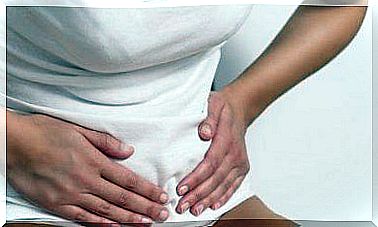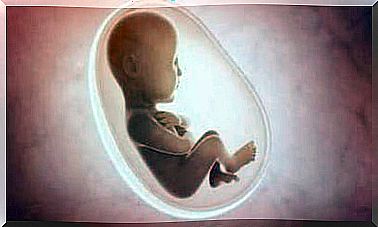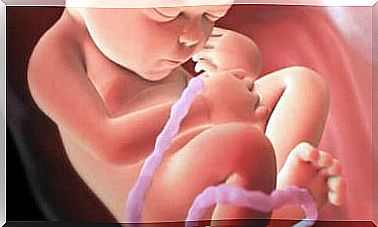Some Tips For Relieving Newborn Colic – You Are Mom

Newborn stomach aches and colic is often one of the main concerns of parents. Recognizing the symptoms and acting on them is essential to alleviating a child’s suffering.
During its first three months, the baby is often exposed to these gastrointestinal problems. However, the origins of these disorders are not yet well known to the scientific community.
To help you identify the symptoms of newborn colic and give you tips for relieving pain, we’ve got more details on this topic.
What do we mean by “colic”?
Pediatric specialists consider colic to be prolonged crying in babies under 3 months of age that cannot be attributed a specific reason.
In principle, all this is linked to a possible immaturity of the digestive system which can cause small pain in the stomach. In another hypothesis, we even speak of food allergies or intolerances.
You could say that the problem of colic is so poorly understood that researchers had found an organic cause in only 5% of cases. Despite the doubts that hover, here are the main causes of these disorders:
- Gas in the stomach
- Milk protein intolerance
- Psychological reasons such as transferring anxiety from parents to their child or due to the character of the child
Visible symptoms of newborn colic
The gastrointestinal symptoms associated with newborn colic are:
- Long episodes of crying that usually start at the end of the day and occur at least three times a week
- Babies adopt a special posture: their fists are closed, the face turns red, their abdomen is hard and they fold their legs over the chest.

Some tips to relieve colic in newborns
The following tips are aimed at relieving cramps in children related to gastrointestinal problems or intolerances. They can in no way replace a diagnosis made by a specialist.
For this reason, we strongly recommend that you consult the doctor treating your child to know the real reasons for his crying and to know if the latter is not suffering from some disease.
About breastfeeding
If you are breast-feeding your baby, you are advised to avoid foods such as broccoli, cauliflower, Brussels sprouts, or cabbage. Indeed, they often cause inflammation of the stomach and generate flatulence.
Likewise, be sure to reduce the use of condiments and spices.
On the other hand, if you bottle-feed your baby, remember to follow your pediatrician’s recommendations for the amounts of powdered milk and water based on their age.
We also recommend that you do not change the brand of milk without first consulting your doctor.
If you want to strengthen these actions, you can also search the market for anti-reflux bottle brands that combat aerophagia. As you can see, each means will be useful to ensure the well-being of your baby.
Some additional actions
Additional actions you can take to fight or relieve your baby’s colic discomfort are as follows:
- Roast the baby after the meal. Make sure he belches a sufficient number of times
- Gently massage her stomach in a clockwise direction. You can use baby oil. Also remember to warm your hands before to give it a feeling of well-being.

- Also, try giving her a bath with lukewarm water. It can help the baby feel better. Being submerged in a bathtub can give baby the effects of a sitz bath. This bath is believed to reduce colic in children and adults
- Sit the baby in an upright position using a special children’s chair or hug him. This position promotes the expulsion of gas and reduces gastric acidity.
Finally, we would like to warn you about the dangers of using medication. Their effectiveness is not proven and this can have serious repercussions on the health of the child.
Therefore, it is best to always consult your doctor before giving any medicine to a baby.









